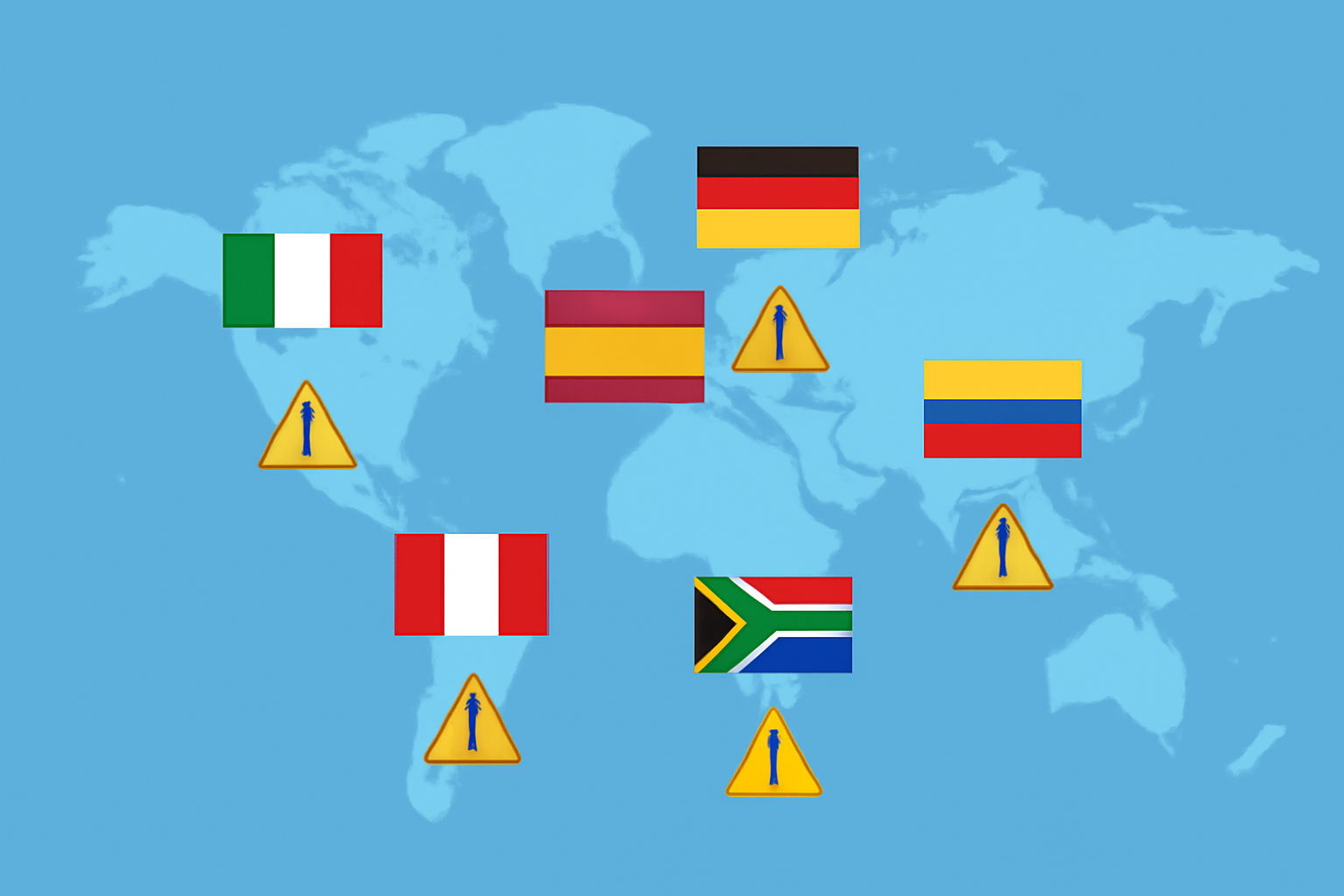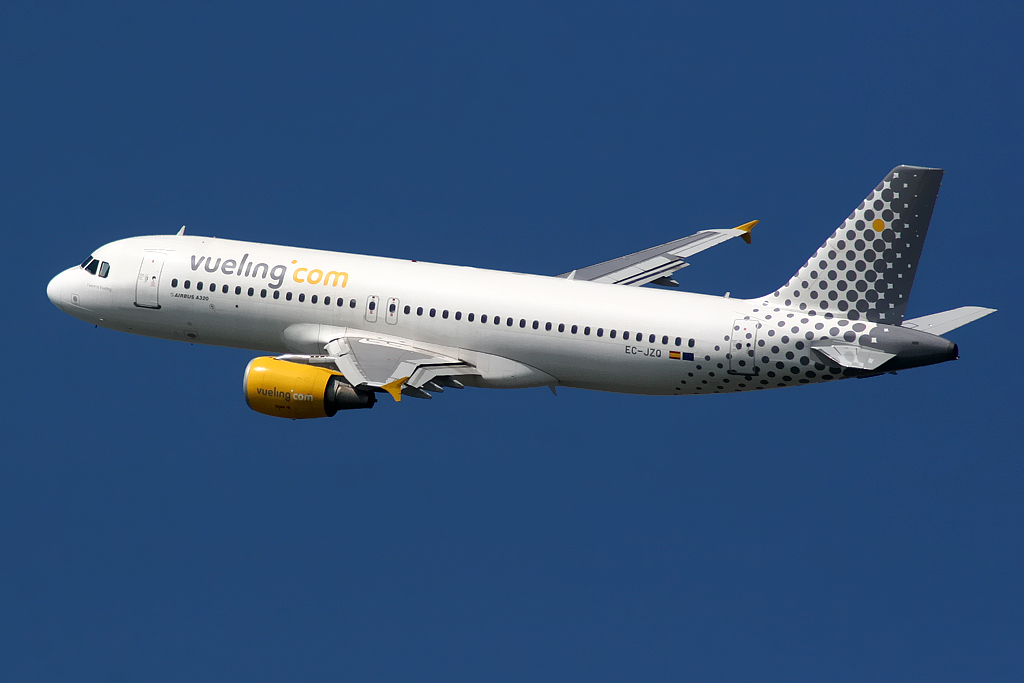As Turkey enjoys a surge in international visitor arrivals in 2025, driven by global interest in its historic cities and sun-drenched coastlines, the country’s booming tourism sector now finds itself navigating the complex realities of soaring inflation. With 62 million tourist arrivals expected this year, the country is witnessing a paradox: increased revenue from tourism even as the cost of travel services climbs, threatening long-term affordability and sustainability.
Data released by Turkey’s Ministry of Culture and Tourism and TurkStat indicates that tourism receipts reached US$9.45 billion in Q1 2025, marking a 5.6% rise compared to the same period in 2024. While impressive on paper, the deeper story reveals a shifting pattern in visitor behavior, service pricing, and economic pressure on local businesses.
Visitor Surge Meets Rising Costs
The rise in arrivals — from 55.2 million in 2023 to a forecast 62.2 million in 2025 — reaffirms Turkey’s global appeal. Cities like Istanbul, with its Byzantine heritage, and Antalya, known for its luxury resorts and Mediterranean coastline, continue to attract tourists from Europe, the Middle East, and beyond.
However, service costs in popular destinations have increased sharply. Accommodation rates, restaurant bills, and guided tour prices are all climbing due to inflation. While many tourists are still arriving, they’re adjusting by shortening their stays or cutting down on discretionary spending.
According to the Central Bank of the Republic of Turkey (CBRT), this trend is causing a shift in the tourism economy — higher earnings per tourist, but shorter average visit durations. Businesses are making more per visitor, but turnover remains volatile, especially during shoulder seasons.
Impact of Inflation on Tourism Services
Inflation in Turkey remains a broader economic challenge. The CBRT reports sustained price increases in the service sector, particularly in tourism hubs. In Istanbul and Antalya, hotel prices increased by over 15% year-on-year by early 2025, while restaurant prices and transportation services saw even steeper climbs.
Following Easter 2025, hotel bookings experienced cancellations, prompting some operators to lower prices temporarily to maintain occupancy. This balancing act highlights how inflation is forcing both flexibility and concern among tourism stakeholders.
Despite these fluctuations, Turkey’s central tourism narrative remains strong, with the government optimistic that the country’s rich cultural and historical offerings will continue to drive demand.
Tourism as a Pillar of Economic Stability
Tourism continues to be a key economic buffer for Turkey. In 2024, the tourism surplus helped reduce the nation’s current account deficit, contributing to a US$52.2 billion surplus in services, per CBRT data.
With central bank reserves reaching US$167.6 billion in January 2025, Turkey is positioned to withstand economic shocks. Officials expect tourism receipts to grow further in the latter half of 2025, helping balance inflationary pressures and boost domestic consumption.
Tourism is not just a source of income — it’s become a vital tool in maintaining macroeconomic stability, especially as the country continues its economic transformation efforts under Vision 2025.
Government Strategy: Managing Price Sensitivity and Market Stability
In response to these economic pressures, Turkish authorities have adopted a three-pronged strategy to safeguard tourism:
- Monitoring Hotel Pricing and Booking Trends:
The Central Bank and Ministry of Tourism are closely tracking hotel rates, adjusting guidance in real-time to avoid pricing tourists out of key destinations. - Diversifying Tourism Products:
The Ministry of Culture and Tourism is investing in cultural tourism, eco-tourism, and MICE (Meetings, Incentives, Conferences, Exhibitions) to extend the season beyond summer months. This includes promoting less-visited destinations in Anatolia and Eastern Turkey. - Leveraging Tourism for Economic Resilience:
Authorities are reinvesting tourism income into wider economic development projects to ensure the benefits of the sector are shared nationally.
Local Impact: Small Businesses Feel the Pressure
For independent entrepreneurs like Mehmet, who operates a boutique guesthouse in Istanbul’s Sultanahmet district, rising demand has been a double-edged sword.
“We’re seeing more tourists,” he explains, “but many are watching their budgets. They ask for discounts or shorter stays. I’m happy business is strong, but there’s always the risk that prices will climb too high for some visitors.”
In Antalya, tour guide Ayşe reports similar trends. “Autumn bookings are strong because people are avoiding high summer prices. They want value, and the shoulder season is when they find it.”
This growing focus on value-for-money travel, particularly in off-peak months, underscores how inflation is reshaping travel behavior — not only from international visitors but also from domestic tourists.
Looking Forward: Opportunities Amid Economic Challenges
With over 62 million arrivals projected for 2025 and increasing tourism receipts, Turkey’s outlook remains optimistic. Yet, real challenges remain in balancing price competitiveness, service quality, and local economic inclusion.
To maintain momentum, experts recommend continued:
- Price stability and transparency in tourist hubs
- Development of new regional destinations to spread economic gains
- Support for small and medium-sized tourism businesses
The Turkish Tourism Promotion and Development Agency (TGA) has also launched new international campaigns to promote year-round travel, focusing on culture, gastronomy, and adventure experiences.
Conclusion: Sustaining Growth Through Adaptation
While Turkey’s tourism industry remains resilient, rising inflation has introduced new complexities. The government, businesses, and citizens are working in tandem to adapt to evolving traveler expectations while safeguarding the economic benefits of the sector.
As Turkey’s historic cities and coastal gems continue to draw global interest, the industry’s long-term strength will depend on its ability to remain accessible, affordable, and adaptive in a rapidly changing global landscape.
For more travel news like this, keep reading Global Travel Wire
















